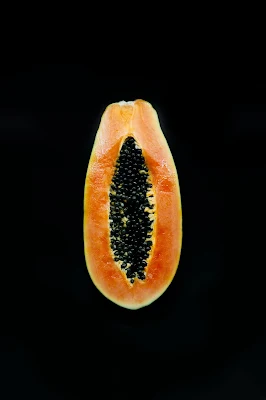Understanding Vaginal Dryness: Causes, Symptoms, and Treatments

Vaginal dryness can result from several factors including lack of sexual excitement, menopause, and imbalances in vaginal pH. Treatment options may include estrogen creams, engaging in foreplay, and staying hydrated. If vaginal dryness causes discomfort or pain, consult your OB-GYN. This condition is common, particularly after menopause, affecting around half of postmenopausal individuals, according to Harvard Medical School.
Causes of Vaginal Dryness
Vaginal dryness occurs when the glands and tissues that usually produce vaginal lubrication are not functioning properly. Factors contributing to vaginal dryness include:
Hormonal Changes
Lower estrogen levels, which naturally decrease with age, especially during menopause, can cause vaginal dryness. Estrogen helps keep the vaginal tissue hydrated, and a reduction can lead to dryness and irritation. Changes in estrogen levels during breastfeeding and menstrual cycles can also affect vaginal lubrication.
Medications
Some medications can cause dryness as a side effect. Common culprits include allergy and cold medications, contraceptive pills, certain antidepressants, and Accutane.
Medical Conditions
Conditions such as diabetes or Sjögren's syndrome can lead to vaginal dryness. Diabetes may damage vaginal blood vessels, and Sjögren's syndrome affects fluid production throughout the body, including the vagina.
pH Imbalance
The vagina maintains an acidic pH balance (3.8 to 4.5) to stay healthy and resist infections. Disruptions to this balance, such as from perfumed products or certain feminine hygiene items, can cause dryness and irritation.
Lack of Sexual Excitement
Inadequate arousal can result in insufficient lubrication, making sex uncomfortable. The vagina produces natural lubrication in response to sexual excitement, which aids in making intercourse more comfortable.
Managing Vaginal Dryness
If you experience vaginal dryness, there are several strategies that may help alleviate the condition:
Use of Lubricants
Over-the-counter vaginal creams and fragrance-free lubricants can help address dryness. These products are designed to restore moisture and ease discomfort.
Estrogen Therapy
For severe dryness, estrogen treatments such as creams, tablets, or rings may be effective. Consult with a healthcare provider for a prescription and guidance on use.
Stay Hydrated
Drinking adequate water is essential for overall hydration, which can impact vaginal moisture. Aim for around 11.5 cups of water daily, adjusting for factors like climate and activity level.
Maintain Vulvar Hygiene
While the vagina is self-cleaning, maintaining cleanliness of the vulva (the external part) with gentle soap and water can help prevent dryness and irritation.
Incorporate Soy into Your Diet
Soybeans contain isoflavones, which have estrogen-like effects that may help maintain vaginal health and moisture.
Engage in Foreplay
Extended foreplay can increase natural lubrication and make penetrative sex more comfortable. Using water-based lubricants can also help reduce discomfort.
Conclusion
Vaginal dryness is a common issue that can cause significant discomfort and may lead to other health problems like UTIs. It often occurs during hormonal changes such as menopause, menstruation, or breastfeeding. Addressing dryness through hydration, proper hygiene, and appropriate treatments can help manage the condition effectively. For persistent issues, consult your healthcare provider for further options.

No comments:
Post a Comment